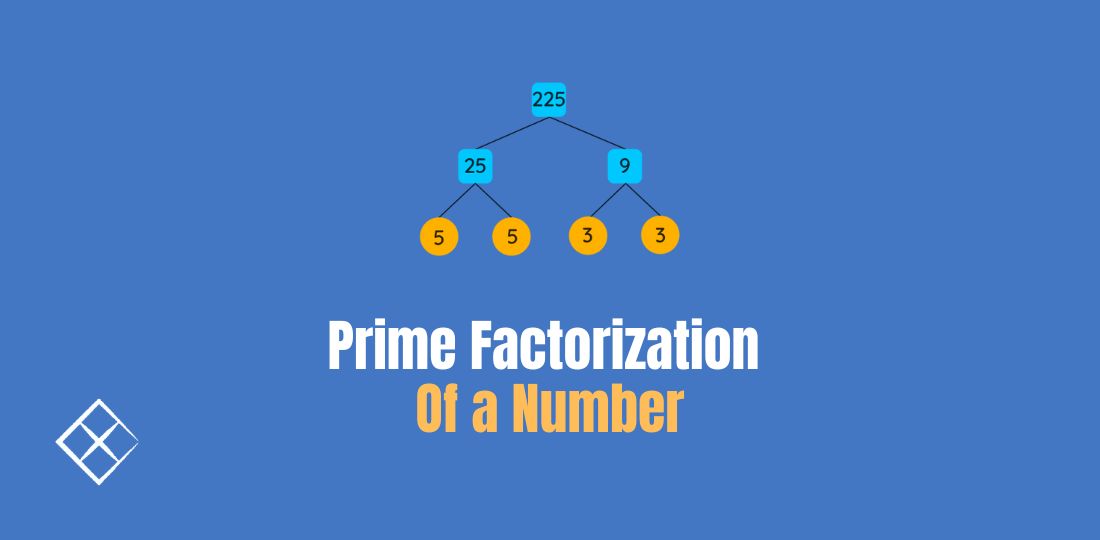Prime Factorization of a Number
Problem Statement
How do we find all the prime factors of a given number?
For example, when n = 12, the output should be [2, 3]. Notice that 1, 4, 6, 12 are also factors of 12 but they aren’t prime and therefore should be excluded from the output.
Solution
The following solution is straightforward:
python3 def get_prime_factors(n: int) -> List[int]: prime_factors = [] prime = 2 while n > 1: while n % prime == 0: if not prime_factors or prime != prime_factors[-1]: # deduplicate prime_factors.append(prime) n //= prime prime += 1 return prime_factors
2 Keys Keyboard
This problem is an application of the prime factorization algorithm:
python3 def minSteps(n: int) -> int: prime = 2 steps = 0 while n > 1: while n % prime == 0: steps += prime n //= prime prime += 1 return steps
Count Ways to Make Array With Product
This problem is a more involved application of the prime factorization algorithm. To understand the below algorithm, please review https://en.wikipedia.org/wiki/Stars_and_bars_(combinatorics)#Theorem_two_2.
python3 from math import comb
class Solution: def waysToFillArray(self, queries: List[List[int]]) -> List[int]: res = [] for n, k in queries: powers = self.total_power(k) ans = 1 for p in powers: ans *= self.count_sum_up(n, p) res.append(ans) return res
def total_power(self, n: int) -> int:
res = []
prime = 2
while n > 1:
power = 0
while n % prime == 0:
power += 1
n //= prime
if power > 0:
res.append(power)
prime += 1
return res
def count_sum_up(self, n: int, total: int) -> int:
return comb(n + total - 1, n - 1)
Note that the above code will not be accepted by leetcode. I’ve omitted two details: 1) the answers should modulo 10^9 + 7 and 2) we need to memoize methods total_power and count_sum_up. The omissions are intentional so the attention can be focused on the main logic.
One of the constraints of the problem states that each k does not exceed 10^4. We can further optimize by precomputing all primes less than or equal to 10^4:
python3 class Solution: def waysToFillArray(self, queries: List[List[int]]) -> List[int]: self.primes = self.get_primes_at_most(10000) res = [] for n, k in queries: powers = self.total_power(k) ans = 1 for p in powers: ans *= self.count_sum_up(n, p) res.append(ans) return res
def total_power(self, n: int) -> int:
res = []
prime = 2
for prime in self.primes:
if prime > n:
break
power = 0
while n % prime == 0:
power += 1
n //= prime
if power > 0:
res.append(power)
return res
def count_sum_up(self, n: int, total: int) -> int:
return comb(n + total - 1, n - 1) % (pow(10, 9) + 7)
def get_primes_at_most(self, n: int) -> List[int]:
primes = []
nums = [True] * (n + 1)
for i in range(2, n + 1):
if nums[i]:
primes.append(i)
nums[i] = False
for j in range(i * i, n, i):
nums[j] = False
return primes
Method get_primes_at_most is an implementation of Sieve of Eratosthenes.
